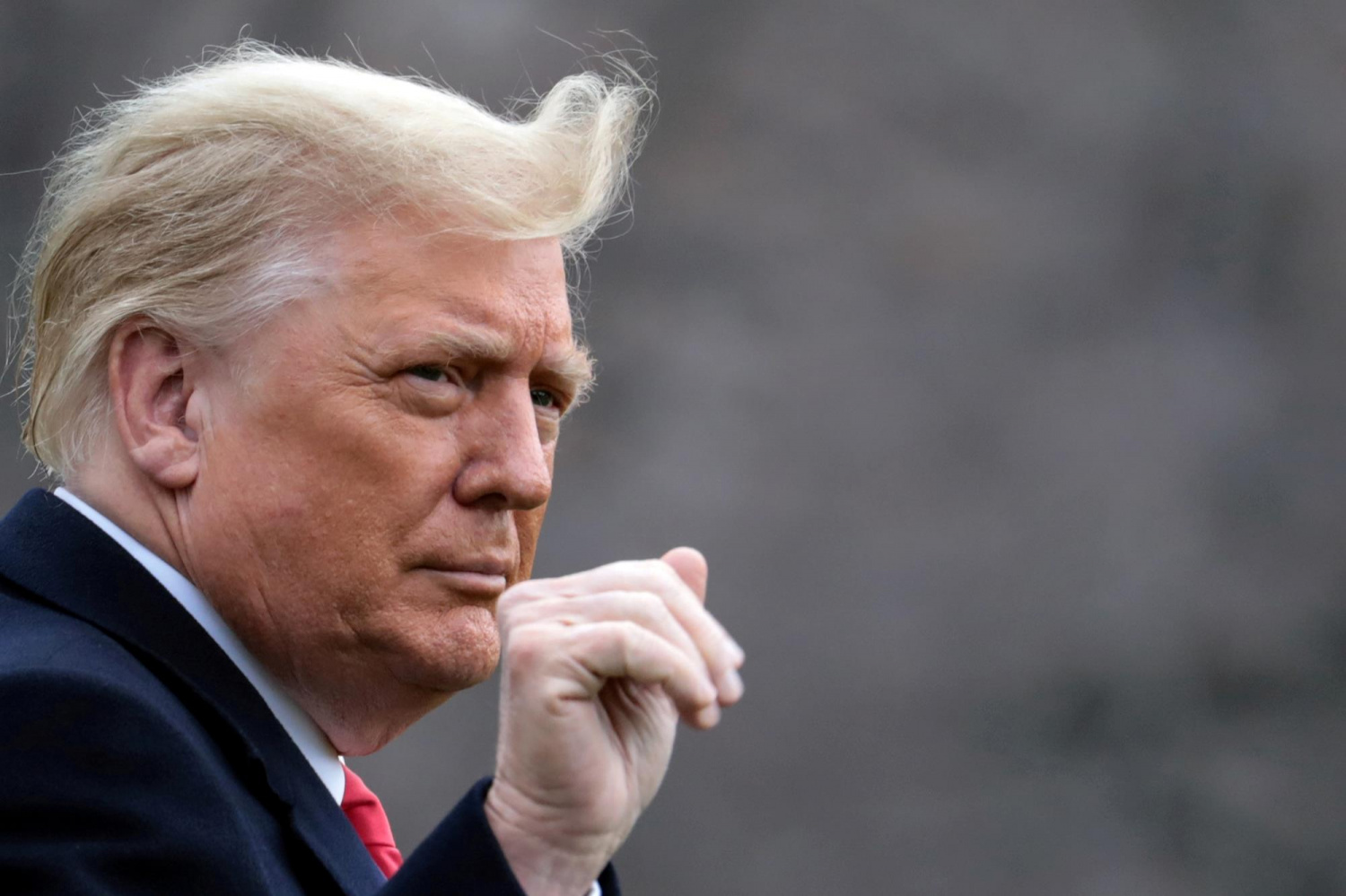Rudy Giuliani, the former Mayor of New York City and personal attorney to Donald Trump during the contentious 2020 presidential election, has disclosed in a federal bankruptcy court that he is owed approximately $2 million in legal fees by the Trump campaign and the Republican National Committee (RNC).
This revelation comes as Giuliani grapples with significant financial distress, having recently filed for Chapter 11 bankruptcy following a hefty $148 million defamation judgment related to his unfounded allegations against two Georgia election workers.
Giuliani's financial turmoil was laid bare during a meeting with his creditors and the office of the U.S. Trustee in Manhattan, where he outlined the unpaid compensation for his legal endeavors on behalf of Trump's campaign post the 2020 election results. According to Giuliani, his agreement with the Trump campaign entailed remuneration for his legal services and reimbursement for related expenses. While some expenses were partially covered, the promised legal fees, estimated at $2 million, remain unpaid.
The legal battle and subsequent financial strain are not the only challenges Giuliani faces. His professional standing took a significant hit after his license to practice law was suspended in the wake of the January 6, 2021, Capitol riot, further exacerbating his financial woes. Additionally, Giuliani is contending with over $1 million in unpaid taxes, a burden that has contributed to his decision to seek bankruptcy protection.

Outgoing U.S. President Donald Trump plans to fly to Florida to start his post-presidential life.
In his defense, Giuliani maintains that his actions and statements have been misconstrued and weaponized for political gain. "I have nothing to hide," Giuliani asserted outside the courtroom, emphasizing his commitment to transparency in the face of mounting legal and financial pressures.
Ted Goodman, an advisor to Giuliani, echoed this sentiment, portraying Giuliani as a victim of a politicized justice system. "The American people are waking up to the abhorrent weaponization of our justice system for partisan political gain," Goodman stated, framing Giuliani's bankruptcy as a consequence of his outspokenness against the "permanent Washington political class" and his refusal to be "unfairly censored or bullied into silence."
As Giuliani navigates the complexities of bankruptcy proceedings and seeks redress for the unpaid legal fees, the broader implications of his financial and legal challenges underscore the contentious aftermath of the 2020 election and the ongoing polarization within American politics.






